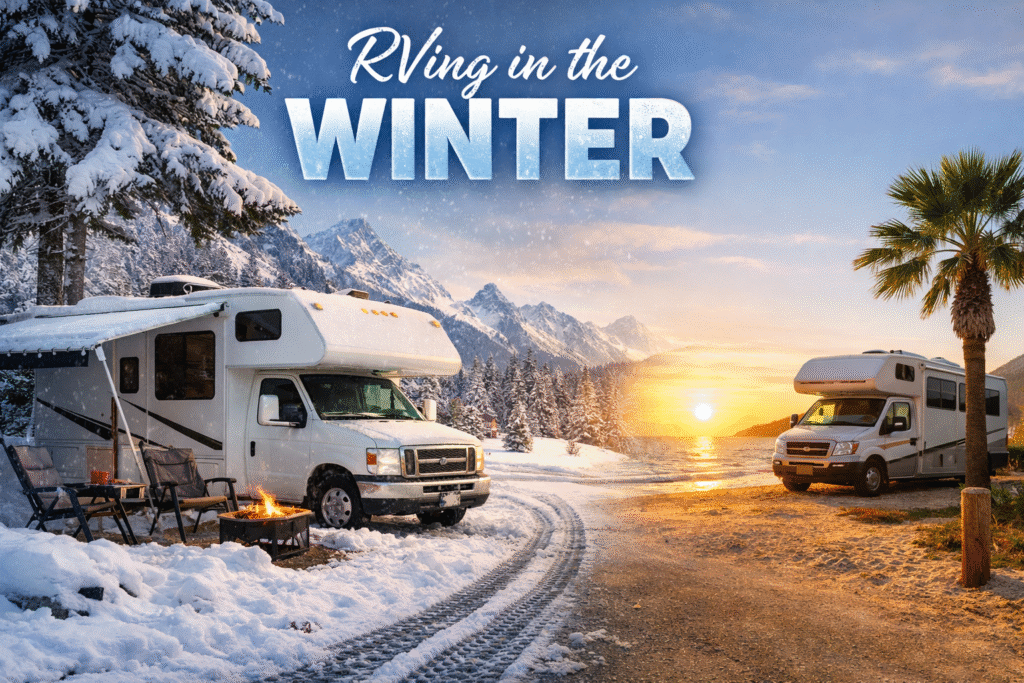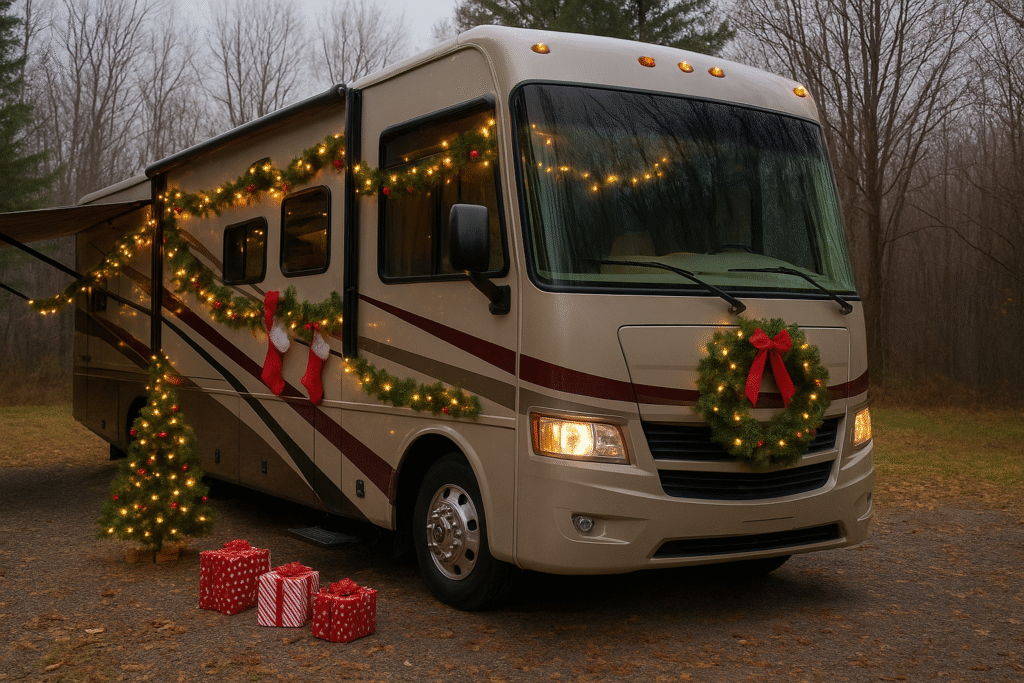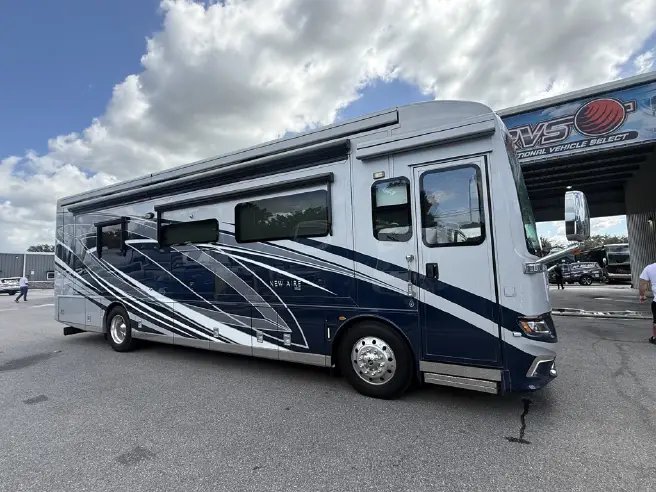RV enthusiasts love their rigs because of the convenience and creature comforts they provide when camping, and for good reason. There’s quite a difference between sleeping in a tent and resting in a comfortable bed in a motorhome. That said, for some RVers, there’s a desire to camp in a way that hearkens back to the more rustic forms of camping. It’s called boondocking.
Boondocking, also known as dry camping, isn’t for everyone. But if you’re curious about what dry camping entails, consider the following disadvantages and advantages:
Cons
- No electricity or water hookups – The essence of boondocking is camping without water and electrical hookups. So, technically you can boondock anywhere, from urban settings to remote locations. Either way, you’ll have to rely on your rig’s water tanks for fresh water and on its battery and generator or solar power system for any electrical needs.
- No campground amenities or activities – If your idea of camping includes things like swimming pools, playgrounds, laundry facilities, and scheduled events and activities, boondocking may seem foreign to you. When you’re out in the wilderness, you’ll be responsible for your own entertainment and activities that you’re used to when staying at a campground.
- Far from civilization – Some rural lands that allow boondocking may be many miles off the beaten path. Additionally, the way in and out could be narrow or even be difficult terrain and not made for modern-day RVs.
Pros
- Seclusion and solitude – Because many lands that encourage boondocking are national parks or wildlife refuges, there’s a good chance that the spot you choose will be secluded. If you’re looking for peace and quiet, boondocking is the way to go.
- Connect with nature – Boondocking can technically be done anywhere, but to really experience dry camping, it’s best to do it in nature. Why? Because you’ll be more likely to spend time outside, being active (or not) and drinking in your surroundings.
- Cost-free camping – While traveling in an RV can be more cost effective than other modes of travel, such as flying and staying in hotels, the expenses can still add up. This is especially true when it comes to paying for camp sites each night. Luckily, boondocking is typically free.
When it comes down to it, dry camping can be challenging and outside the norm, but can be more rewarding that you might realize. With some pre-planning and flexibility, you can experience the freedom and serenity that boondocking allows.
Have you boondocked before? What was your experience like? Comment below or contact us today!




